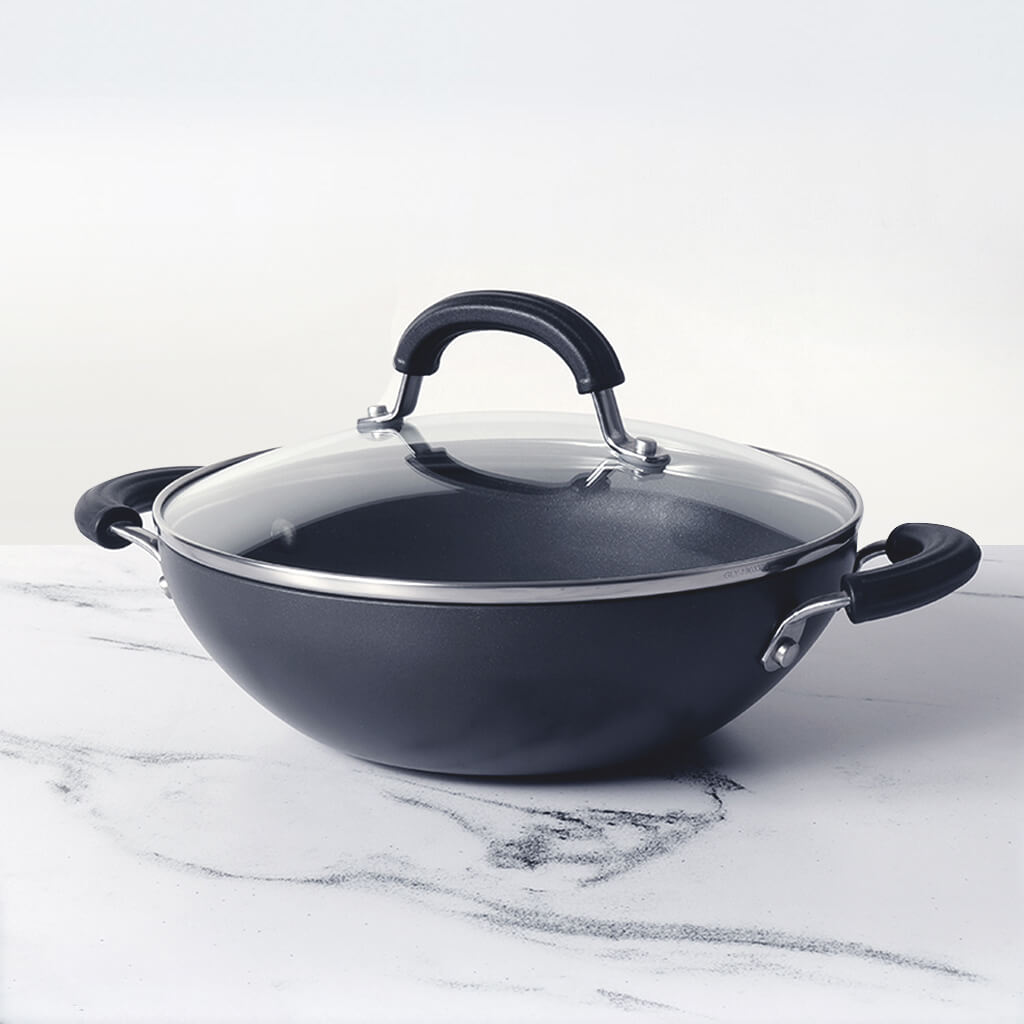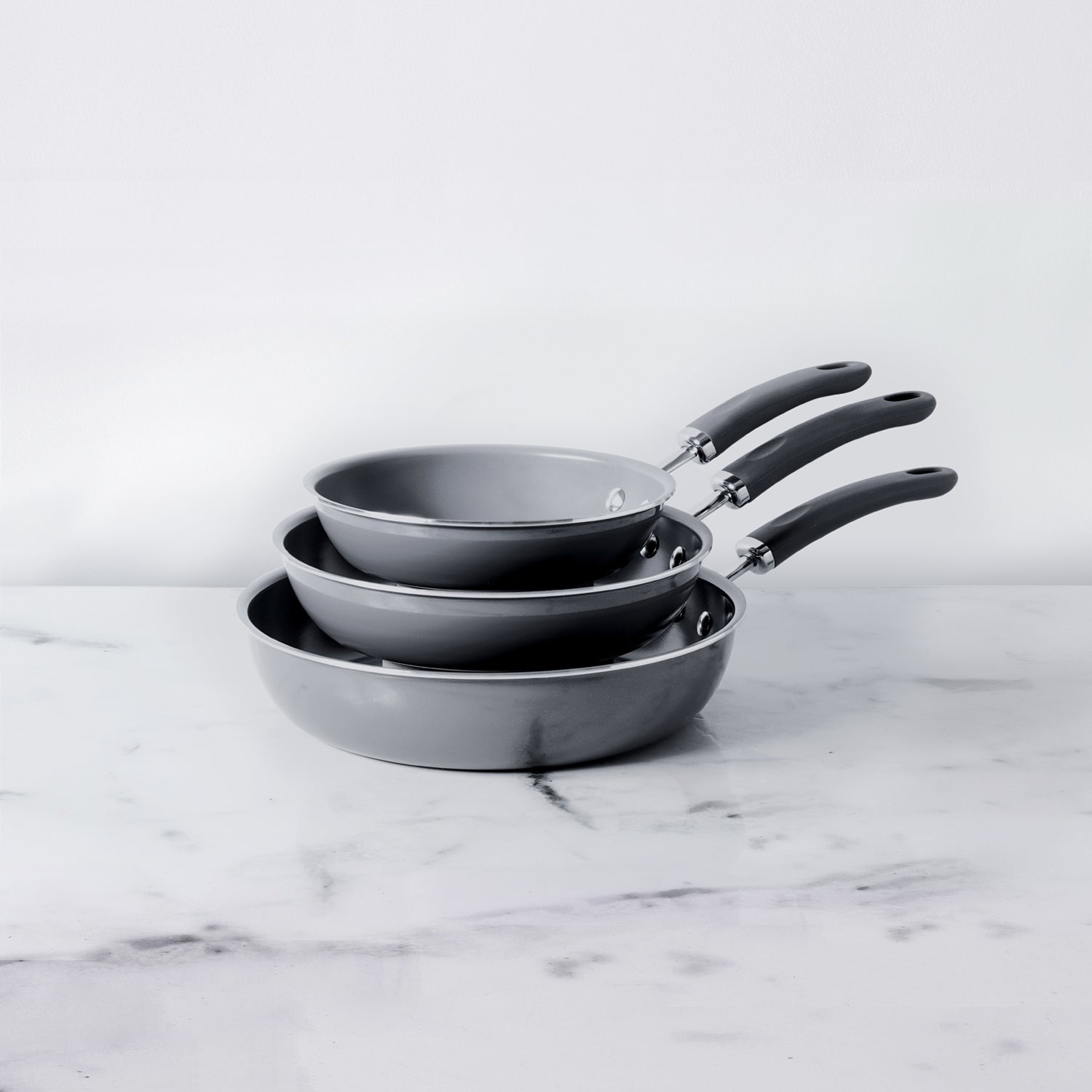Chironji has been used in Indian cuisine and Ayurvedic medicine for centuries. Historically, chironji was used as a food source and as a medicine. It was believed to have cooling properties and was used to treat digestive problems, skin ailments, and respiratory issues. The seeds were also believed to have aphrodisiac properties and were used as a natural remedy to increase libido and treat sexual dysfunction.
Table of Contents
Nutritional Benefits of Chironji:
Chironji is a nutrient-dense food that offers a range of nutritional benefits. Here are some of the nutritional benefits of chironji:
- Protein: Chironji is a good source of protein, with about 17 grams of protein per 100 grams of seeds. Protein is essential for building and repairing tissues in the body, and it also helps to keep you feeling full and satisfied.
- Healthy Fats: Chironji contains healthy fats, including monounsaturated and polyunsaturated fats, which can help to lower cholesterol levels and reduce the risk of heart disease.
- Fiber: Chironji is a good source of dietary fiber, with about 4 grams of fiber per 100 grams of seeds. Fiber is important for maintaining digestive health and can also help to lower cholesterol levels.
- Vitamins and Minerals: Chironji is a good source of vitamins and minerals, including calcium, iron, magnesium, phosphorus, and potassium. These nutrients are important for maintaining strong bones, healthy blood pressure, and overall health.
- Antioxidants: Chironji contains antioxidants, such as vitamin E, which can help to protect the body against damage from free radicals.
Overall, chironji is a nutritious food that can be a healthy addition to your diet. However, it's important to keep in mind that chironji is also high in calories, so it should be consumed in moderation as part of a balanced diet.
Important Facts About Chironji:
Here are some important facts about chironji:
- Origin: Chironji, also known as Charoli, comes from the evergreen tree Buchanania lanzan, which is native to India.
- Appearance: Chironji is a small, almond-shaped nut-like seed that is about the size of a lentil. It has a thin, beige-colored outer shell and a white interior.
- Culinary Uses: Chironji is a popular ingredient in Indian cuisine, particularly in sweets and desserts. It is often used as a substitute for almonds in recipes and is also used in some savory dishes.
- Medicinal Properties: Chironji is used in Ayurvedic medicine to treat various ailments, including digestive issues, skin disorders, and respiratory problems. It is also believed to have aphrodisiac properties.
- Nutritional Benefits: Chironji is a nutrient-dense food that is a good source of protein, healthy fats, fiber, vitamins, and minerals.
- Harvesting: Chironji seeds are harvested from the evergreen trees in the months of May and June, after the fruit has ripened.
- Storage: Chironji seeds should be stored in an airtight container in a cool, dry place to prevent them from becoming rancid.
- Availability: Chironji seeds are widely available in India and other parts of South Asia, and they can also be purchased online and in specialty food stores in other parts of the world.
- Culinary Uses: Chironji is used to prepare various Indian sweets such as barfi, halwa, and laddoo. It is also used in some curries and gravies as a thickening agent.
- Precautions: Chironji is generally considered safe for most people when consumed in moderate amounts as part of a balanced diet. However, people with nut allergies should avoid chironji as it may cause allergic reactions.
How to Store and Handle Chironji:
To ensure that chironji stays fresh and flavorful, it's important to store and handle it properly. Here are some tips for storing and handling chironji:
- Storage: Store chironji seeds in an airtight container in a cool, dry place, such as a pantry or cupboard. Keep the container away from direct sunlight and heat.
- Shelf Life: Chironji seeds can last for several months if stored properly. However, they may become rancid over time, so it's best to use them within a few months of purchase.
- Handling: Before using chironji seeds, rinse them in water and then soak them in water for a few hours or overnight. This will help to soften the seeds and make them easier to grind or blend.
- Grinding or Blending: Chironji seeds can be ground into a fine powder or blended into a paste. To do this, place the soaked seeds in a food processor or blender and grind or blend until you get the desired consistency.
- Cooking: Chironji seeds can be added to a variety of dishes, including curries, gravies, sweets, and desserts. When cooking with chironji, add the ground or blended seeds towards the end of the cooking process, as they can burn easily.
By following these tips, you can ensure that your chironji seeds stay fresh and flavorful, and that you can enjoy their delicious taste and health benefits.











Leave a comment